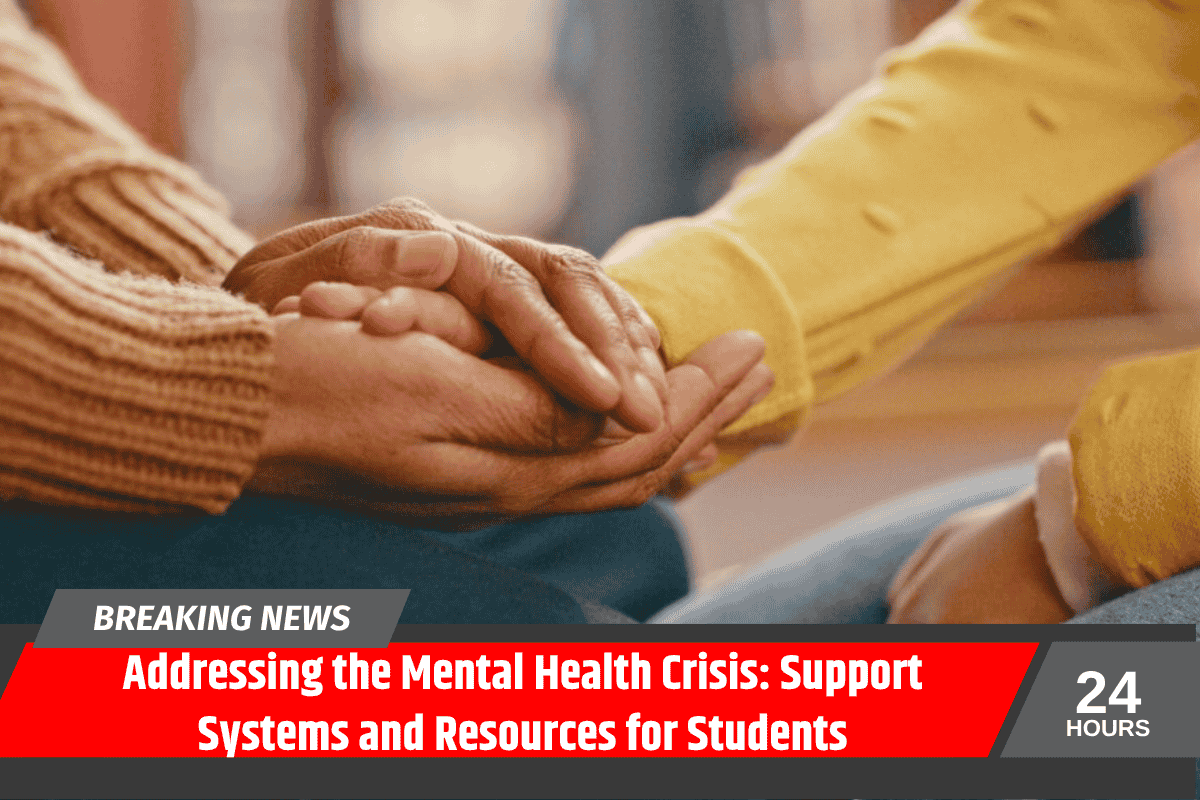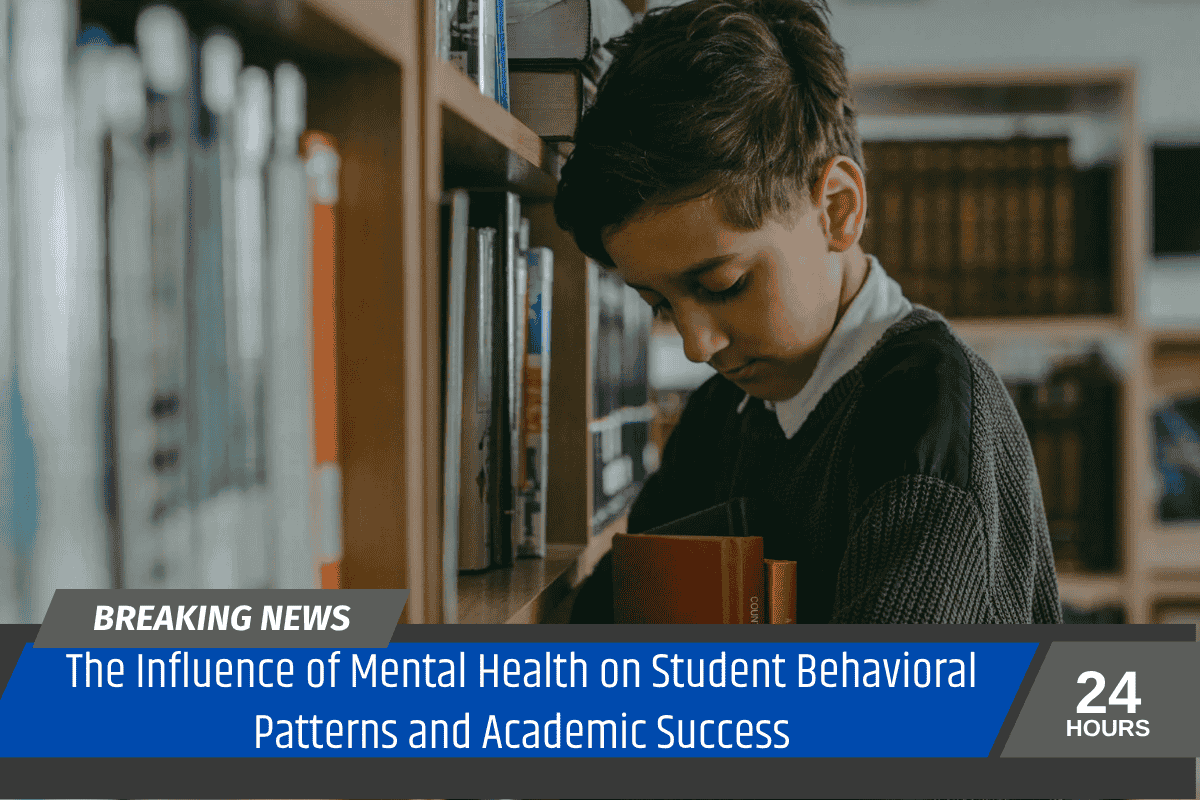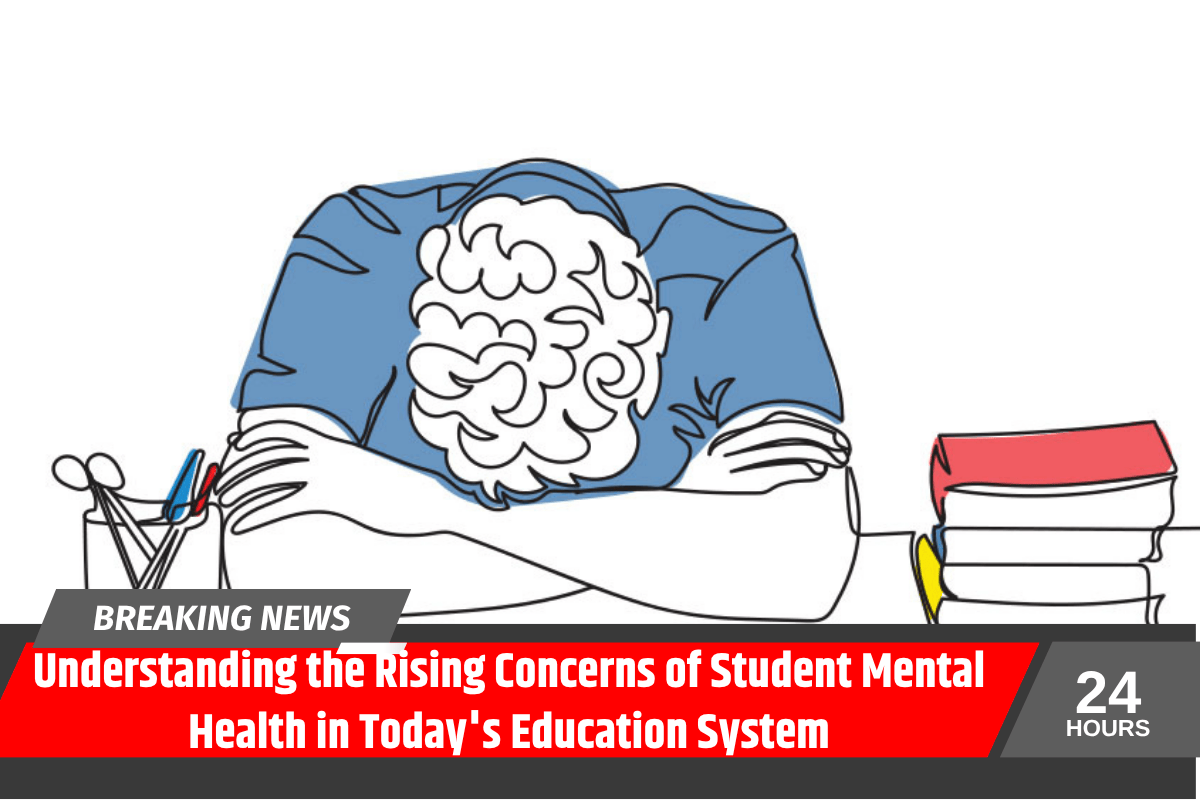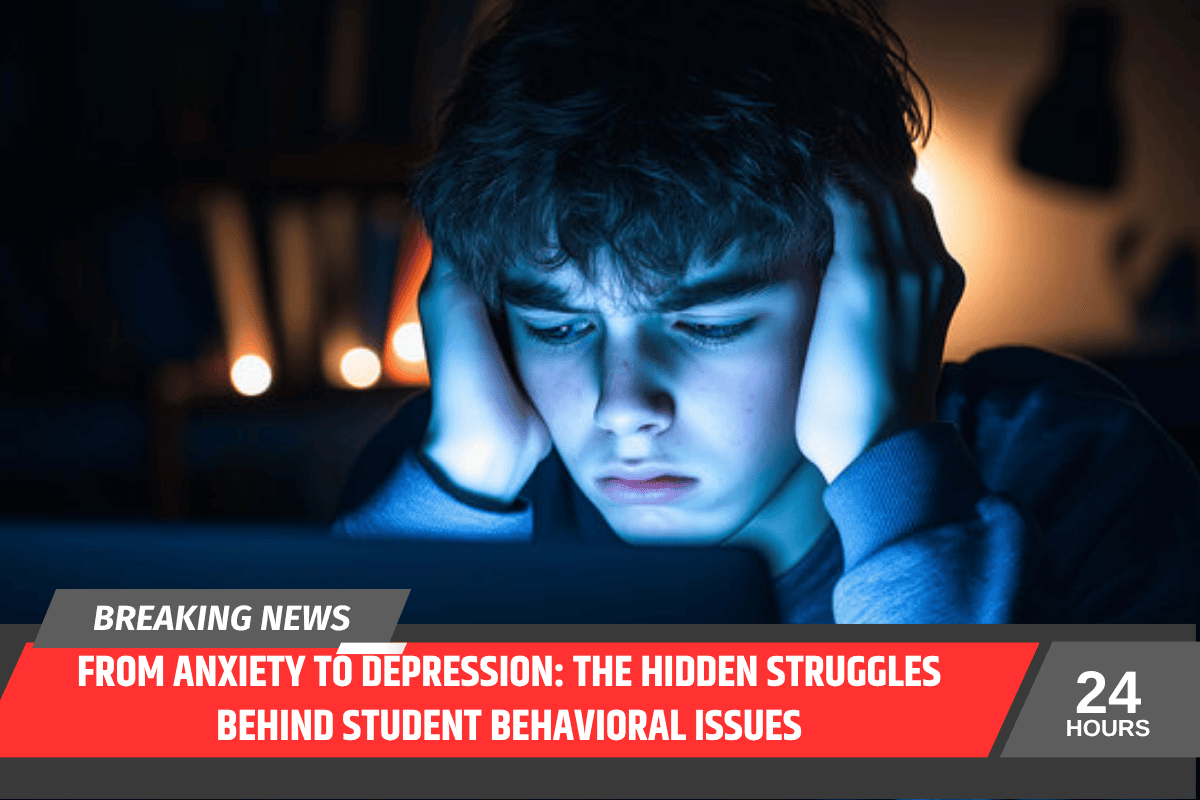Mental health is an increasingly important issue in today’s society, especially among students. The pressures of academics, social life, and future expectations can weigh heavily on young minds, often leading to anxiety, stress, and even depression.
As awareness about mental health grows, it is crucial to understand how to provide support to students dealing with mental health challenges.
This article will explore the significance of mental health among students, the available support systems, and resources that can assist students in managing their mental well-being.
Understanding the Importance of Mental Health in Students
Students today face a wide array of challenges, from academic pressures to social struggles and personal issues. These challenges, if not addressed, can take a toll on their mental health.
A student dealing with stress, anxiety, or depression may find it difficult to focus on studies, participate in extracurricular activities, or maintain relationships. In severe cases, untreated mental health issues can even lead to self-harm or suicidal thoughts.
It is essential to recognize that mental health is just as important as physical health. When students face mental health challenges, they need the same level of attention, care, and resources that they would seek for any other health problem.
Support Systems for Students’ Mental Health
There are several types of support systems available to students that can make a significant difference in their mental well-being. These include:
1. School Counseling Services
Most schools and colleges provide counseling services to students. These services are typically staffed with trained professionals, including counselors and psychologists, who can offer students a safe space to talk about their struggles.
Counseling services are usually confidential, allowing students to share their concerns without fear of judgment. These professionals can also provide coping strategies, emotional support, and, if necessary, refer students to external mental health services.
2. Peer Support Networks
Peer support is an essential part of mental health support for students. Many students find it easier to open up to their friends or peers who are going through similar experiences.
Schools and universities often encourage the formation of peer support groups, where students can connect with each other, share their experiences, and offer mutual encouragement.
These groups can provide a sense of belonging and help students realize they are not alone in their struggles.
3. Online Therapy and Counseling
The rise of digital health platforms has made mental health support more accessible than ever. Online therapy allows students to seek help from the comfort of their own home or dorm room, which can be especially beneficial for those who may feel uncomfortable seeking in-person help.
Numerous platforms offer affordable and accessible online counseling, allowing students to speak with therapists or counselors at their convenience. These services have become an essential resource for students who need help but might be too shy or uncertain about visiting a counselor in person.
4. Student Support Services
Many universities and colleges have dedicated student support services that offer guidance and resources related to mental health. These services often include workshops on stress management, mindfulness, and coping mechanisms, as well as information on how to recognize and deal with mental health issues.
Students can also access information about local clinics, hotlines, and other support resources through these services.
Resources to Support Mental Health
Along with support systems, students also need access to resources that can help them manage their mental health. Some helpful resources include:
1. National Helplines and Hotlines
In times of crisis, students can turn to national helplines that provide immediate support. These helplines are typically available 24/7, offering anonymous and confidential assistance.
They can help students navigate difficult emotions, offer guidance on seeking further professional help, and even provide suicide prevention services.
2. Mental Health Apps
Several mental health apps have emerged to help students manage their mental health on a daily basis. These apps offer a variety of features, including guided meditation, stress-relief exercises, mood tracking, and resources for managing anxiety and depression.
Apps such as Calm, Headspace, and BetterHelp can be excellent tools for students looking to improve their mental well-being.
3. Educational Campaigns and Awareness Programs
Educational campaigns within schools and universities play a key role in reducing stigma and increasing awareness about mental health.
By providing information about common mental health issues, symptoms, and available resources, these campaigns help students recognize when they might need help and how to seek it.
Awareness programs can also empower students to become more supportive of their peers who may be struggling.
The Importance of Reducing the Stigma Surrounding Mental Health
While there has been significant progress in recent years, mental health still carries a stigma in many communities. Many students hesitate to seek help due to the fear of being judged or misunderstood.
It is vital that schools, colleges, and society as a whole continue to challenge this stigma by fostering open conversations about mental health. By normalizing these discussions, students can feel more comfortable reaching out when they need help.
Addressing the mental health crisis among students is essential for their well-being and success. With the right support systems and resources in place, students can overcome challenges related to mental health and lead fulfilling lives.
It is important that we continue to encourage open conversations, provide accessible resources, and offer compassionate support to those who need it. By working together to create a supportive environment, we can help students manage their mental health and achieve their full potential.






